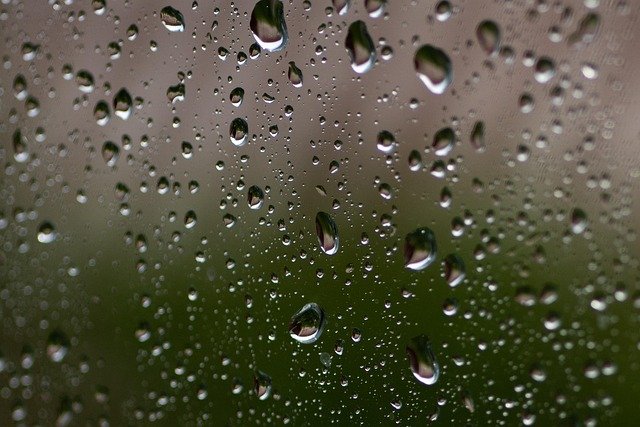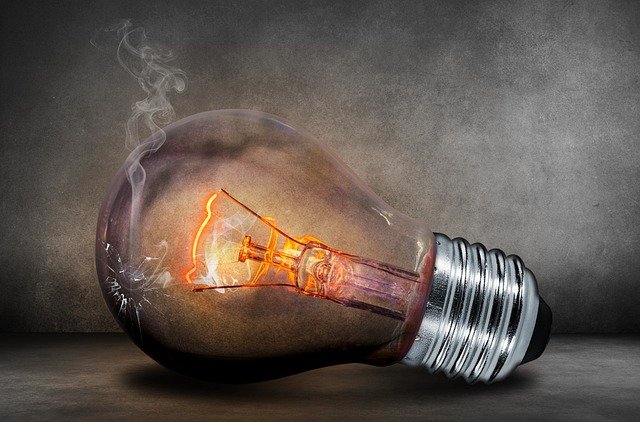Seasonal shifts aren't just about wardrobe changes — your home feels them too!
When it comes to how we use our energy around the house, we often think about what we have plugged in. But energy usage is just as much about what time of day we use things and what effects the weather and seasons are having on our home. There are even studies being done that show how the weather around us affects our day-to-day energy usage. This week, we are looking at some of the weird ways that the weather can affect your home and your appliances. Stick with us to find a things you might not have heard before.
How Temperature Affects Your Energy Usage.
Surprisingly, or maybe unsurprisingly, temperature has been found to be the most important factor influencing energy usage at home.
Believe it or not, our eco-conscious choices very easily go out the window during summer. We focus throughout a lot of the year on making responsible choices but then when it gets hot, all we can think about is cooling off. (And given the temperatures we're already seeing just in April, who can be surprised?)
The appliances and electronics around your home are much the same. The hotter it is outside, the harder they work because the cooling systems inside them have to struggle to get them cooled off. It’s even worse if they are coated in dust, which is why we always advise cleaning the back and sides of your appliances every season.
How Humidity Affects Your Energy Usage
High humidity can also affect how much energy your home is using as dehumidifiers are energy hungry.
The more humid it is, the warmer we feel. Research has shown just a 10% increase in humidity leads to increased AC usage.
And The Seasons Affect Our Energy Usage.
The light levels outside also affect our energy usage during winter. We want more light and the only way to get that is by turning one on. Especially with overcast and cloudy days that are common during the season.
Appliances In General
Believe it or not your electric water heater is typically the second highest energy consumer in your home. The only thing that beats it out is your HVAC system. On standard a family of four with a roughly 50 gallon tank, we'll use 3,200 kwh per year.
That is far above anything else in your home. The closest is your refrigerator and freezer which is 350 kwh. Then comes your dishwasher at 200, your oven at 130 and your washing machine at 100.
Your refrigerator will also struggle when it's more humid as it works to combat moisture and prevent spoilage.
During spring, the filters for our HVACs and air purifiers need to be changed out or cleaned regularly because of the high pollen count. If those filters get clogged, they have to work harder and will start to eat power.
It's also important to take good care of your washing machine right now, as most of us look at spring as the time to refresh all of our bedding and clothes. Especially when we're switching out between wardrobes. Which means that your washer is doing a lot of work.
During summer, your HVAC can easily end up being half of your electric bill as we struggle to combat the high heat and humidity of the Dallas area.
Your electric company will often charge you by time of use or you might see it on your bill as t o u. They measure and charge based on what time of day it is and the demand on electricity. Peak hours during the summer are typically between 1:00 p.m. and 7:00 p.m. . This is where tips like using your washer and dishwasher at night come from.
If you’re reading this because your electric bill has gone up in recent months and you still can't figure out why, after reading this article, give us a call. It could be that your appliances are struggling in some other way. You can reach us via our website or by giving us a call. Appliance Rescue Service will always work with you to try and find a time and date that works best for you for when we can send out our technicians to get your home running smoothly again.
As the weather heats up, don’t let your appliances work harder than they need to. If anything in your home isn’t keeping up, Appliance Rescue Service is just a quick call away!
Call: (214) 599-0055
Additional Reading
Spring Home Maintenance Checklist
Quick Fix or Costly Mistake? Myths About Appliance Repairs
Pre-Vacation Appliance Prep: Protect Your Home While You’re Away





